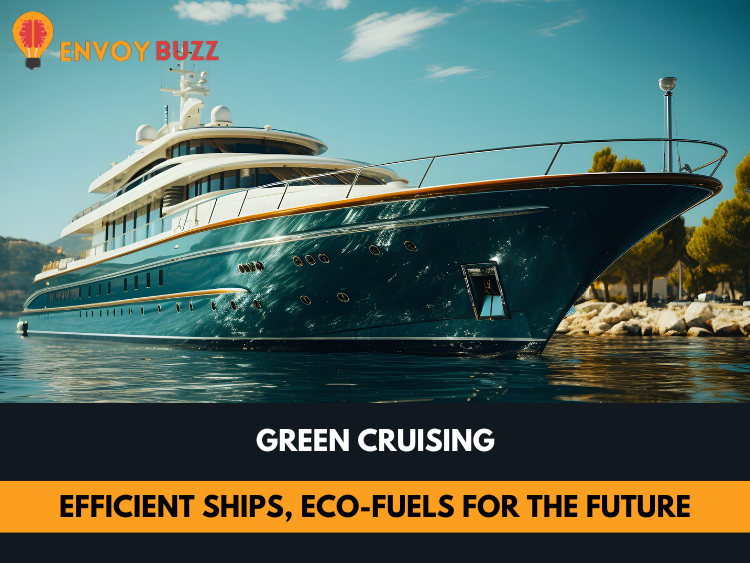Reporter Damon Embling travels to Genoa, an Italian coastal city, in this edition of Focus to learn how the cruise industry is charting the future of sustainability.
The president of Costa Cruises, based in Genoa, Mario Zanetti, speaks with Damon about the difficulties the industry faces in achieving net zero, including the sector’s contribution to the expansion of marine fuel substitutes.
In the preceding year, the MSC Euribia cruise vessel achieved a significant milestone by undertaking the inaugural voyage in the industry with net-zero greenhouse gas emissions. This groundbreaking journey was made possible by procuring approximately 400 tonnes of bio-liquefied natural gas, underscoring a symbolic commitment to environmental sustainability.
Damon further explores a cutting-edge laboratory, a collaborative effort between technology firm Ecospray and the University of Genoa. Within this innovative space, dedicated researchers are actively engaged in the industrialization of fuel cells. This transformative technology has the potential to capture as much as 90% of carbon emissions from cruise ships, presenting a promising avenue for reducing the environmental impact of maritime travel.
The Cruise Lines International Association’s (CLIA) director general for Europe, Marie-Caroline Laurent, speaks with us and emphasizes the significance of installing shoreside electricity so that cruise ships can plug in. When in port, it allows ships to turn off their engines and reduce their emissions.
While in Brussels, we examine the European Union’s initiatives aimed at curbing emissions within the maritime sector. Noteworthy among these measures is the implementation of an Emissions Trading System (ETS), a framework designed to assign a monetary value to carbon emissions. Additionally, the FuelEU maritime initiative, a strategic plan set in motion, seeks to progressively diminish reliance on conventional fuels starting from 2025 onwards.
For more news on sustainability visit Envoybuzz.

